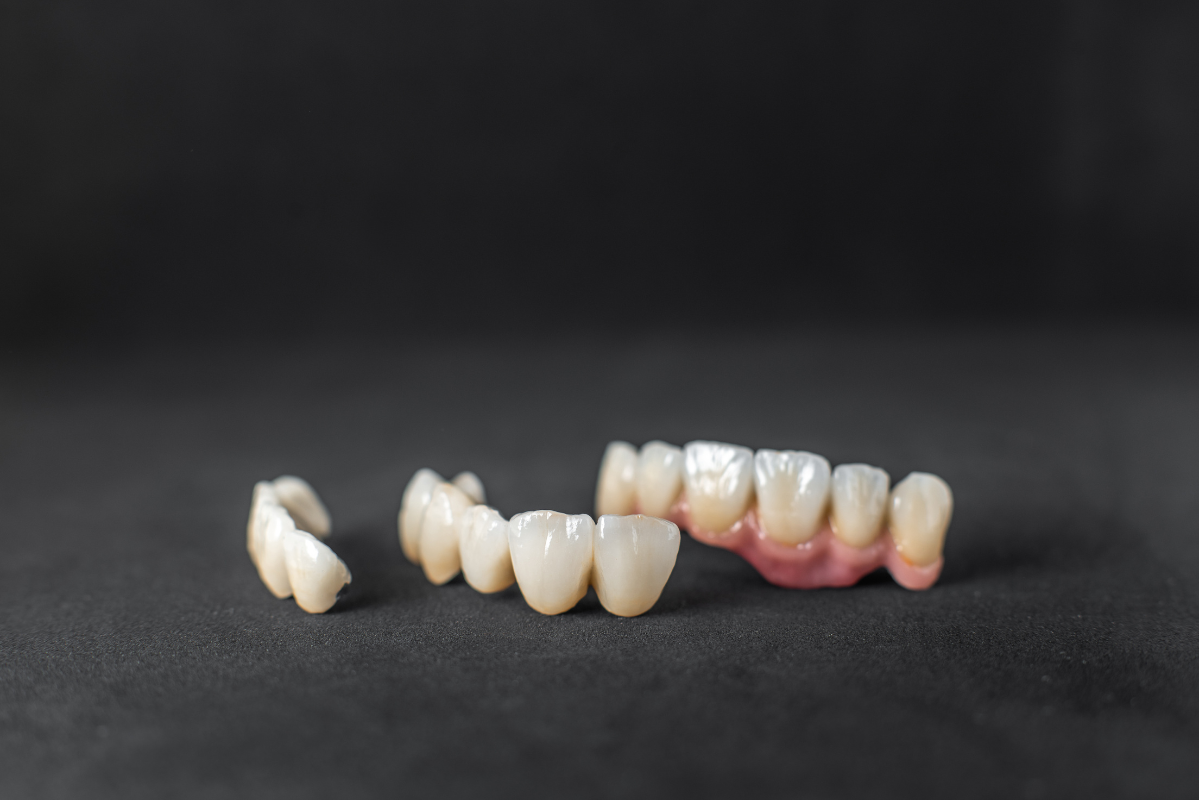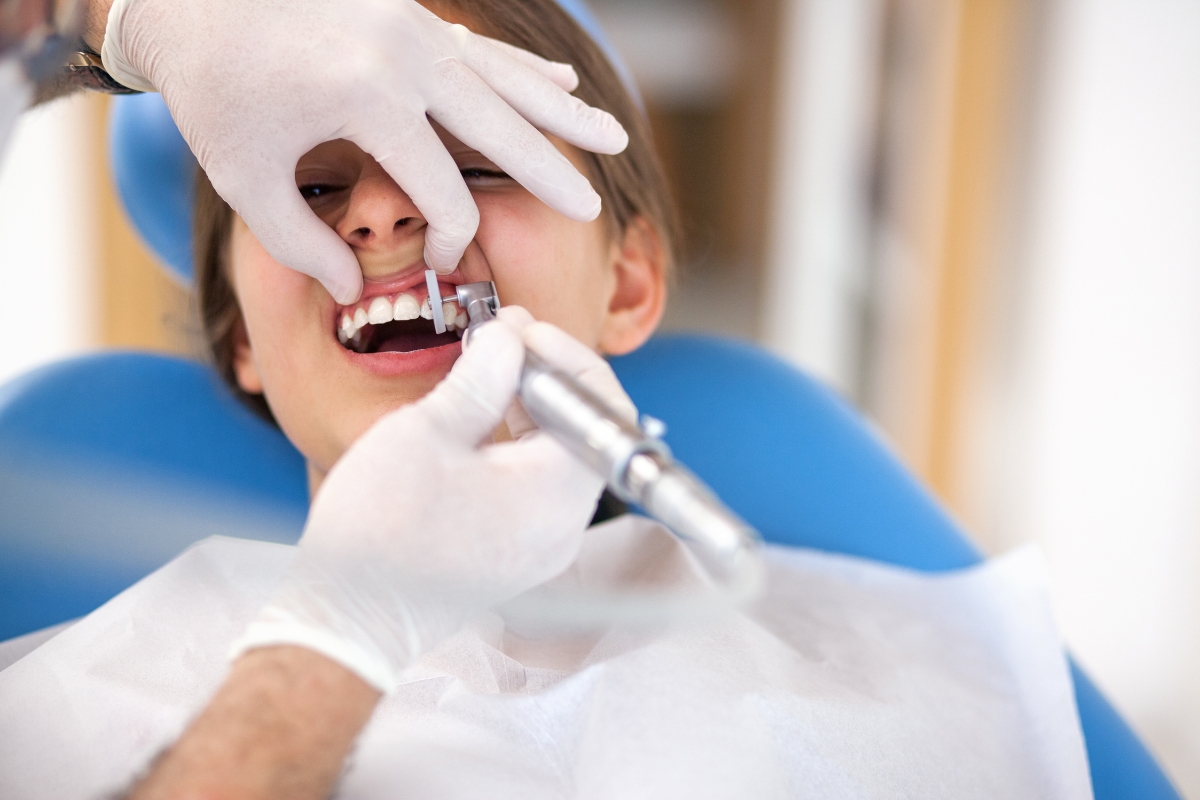
The Dawson Modern Dentistry Guide for Seniors in Matthews: What to Do in a Dental Emergency
August 13, 2025
dental emergency
A dental emergency can happen suddenly, when least anticipated. Seniors have more to lose daily. Cracked crowns, broken dentures, or intense pain can deteriorate rapidly without warning. Accidents, loose implants, or dry mouth can cause sudden dental emergencies.
Dental problems can result in life-threatening infections or permanent tooth loss. Urgent attention from a dentist is crucial to maintain senior oral health.
Why Seniors Have Special Dental Emergencies
Enamel weakening occurs as part of aging and leaves teeth vulnerable to chips, cracks, or fractures. Gums recede with age and leave roots open and more susceptible to sensitivity and decay. Dry mouth is often caused by medication. It creates cavities and increases the risk of dental emergencies.
Falls happen frequently and can easily cause damage to teeth, crowns, or dentures. Chronic illnesses like diabetes or arthritis can complicate oral stability. Some medications delay bleeding or interfere with healing after a dental emergency. Worn-out restorations are a common feature among the elderly, and they may crack suddenly under pressure.
These all contribute to the increase in frequency of dental emergencies among the elderly.
What is a Dental Emergency for the Elderly?
Signs of a dental emergency can occur suddenly and develop quickly. Severe toothache or jaw pain is a clear dental emergency requiring immediate care. Cracked, broken, or knocked-out teeth need to be treated immediately.
Lost crowns, fillings, or dentures are sore and result in chewing complications. Swollen face or gums, abscesses, or pus are signs of a dental emergency from infection. Broken or loose dental implants compromise oral function and comfort.
Immediately, a dentist will prevent further complications or heightened symptoms. In doubt, always call a trusted dentist in Matthews immediately.
Step-by-Step: What to Do Before Reaching the Dentist
You must stay calm and move quickly to reduce pain and prevent injury. Control bleeding with sterile gauze and firm pressure over the area. You have to collect and save any broken dental fragments or knocked-out teeth.
Pick up the tooth by the crown, never the root, to save soft tissue. You need to gently rinse it in clean water, never brush it. Try to reinsert the tooth in the socket if possible. You can apply a cold compress outside the mouth to reduce swelling and pain.
Only use painkillers if your doctor has already approved them. Call your Matthews dentist right away for help. Explain the dental emergency and ask for immediate availability. If transport is difficult, call for help from family or caregivers.
Have dental insurance details, medications, and medical history prepared before going to the appointment. You must avoid eating or chewing on the affected area before seeing the dentist. Bring any displaced teeth or dental restorations with you.
By adhering to these guidelines, treatment success and quick healing are promoted.
Tips for Prevention of Dental Emergencies in the Elderly
Schedule regular cleanings and checkups every six months with your family dentist. You have to maintain and clean dentures properly. Use sugar-free lozenges or saliva substitutes prescribed for dry mouth.
You have to avoid eating hard foods like nuts, ice, or hard candies that break. Install grab bars and nightlights in bathrooms to prevent falls. Replace worn or outdated dental work before it breaks during sleeping or eating.
Consider brushing teeth carefully with fluoride toothpaste and flossing once a day to maintain oral cleanliness. You must stay hydrated and pay attention to any early warning signs of sensitivity or swelling. Report changes in medications to your dentist to adjust oral care as needed. Being proactive greatly reduces the chances of an unanticipated dental emergency.
Acting fast in a dental emergency saves smiles and prevents infections. Caregivers and seniors ought to always have a clear plan for dental emergencies. You should know the symptoms, take action steps, and call a dentist in the region immediately.
Our Matthews office is equipped and ready to help seniors in times of emergency. Prioritize preparedness now to secure your health and comfort in the future.
More Blog Posts
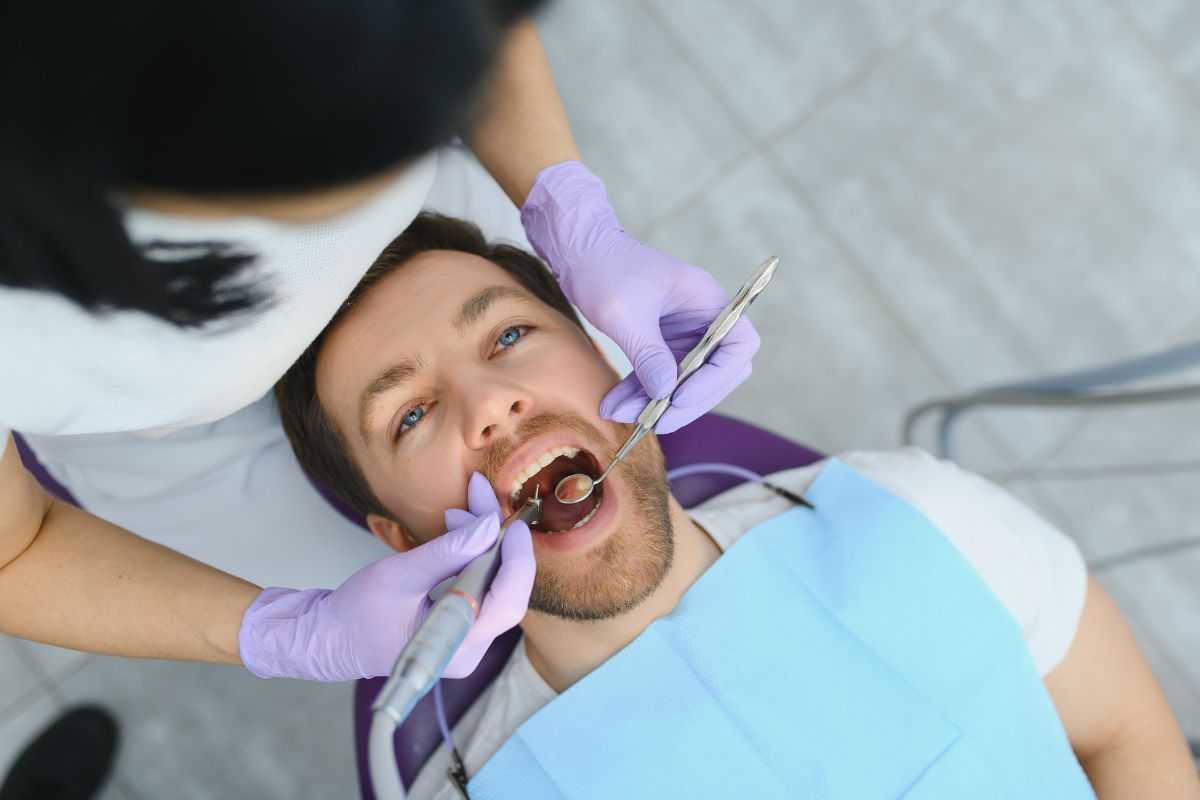
Composite vs. Amalgam Fillings: Which Is Better for Your Smile?
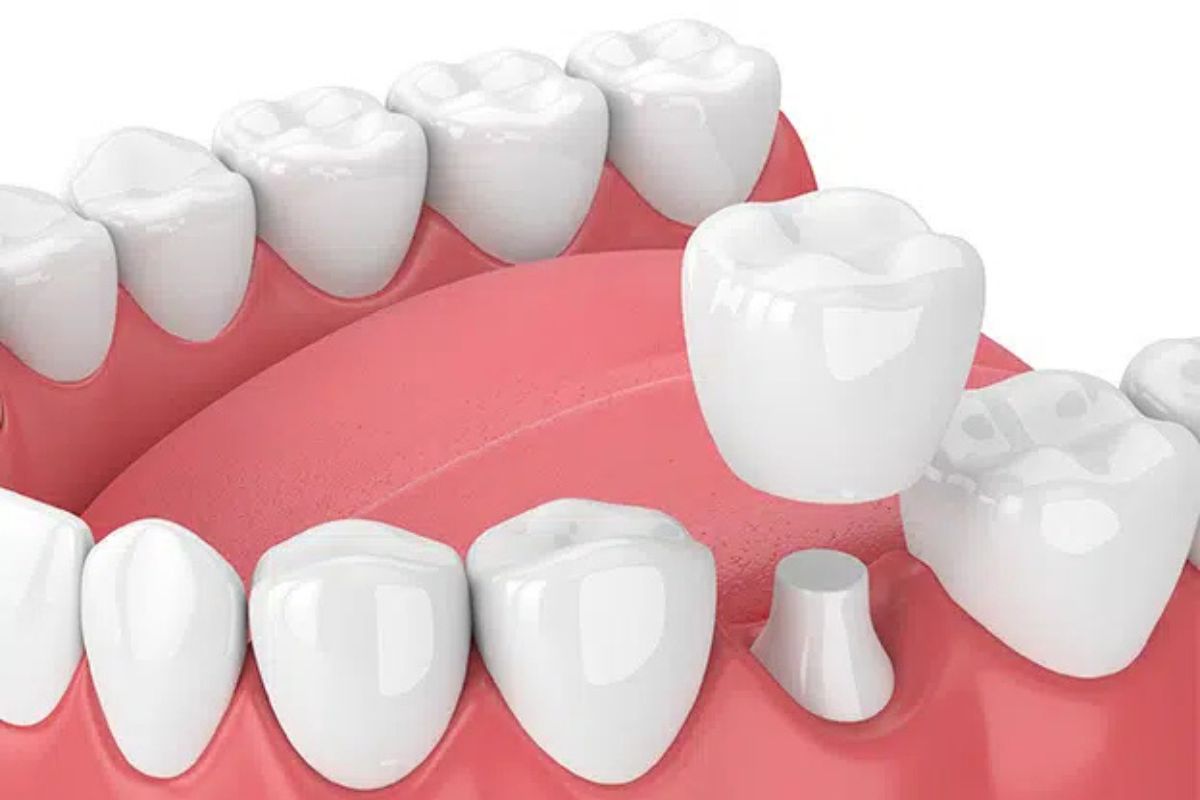
How to Know When Your Dental Crown Needs Replacement
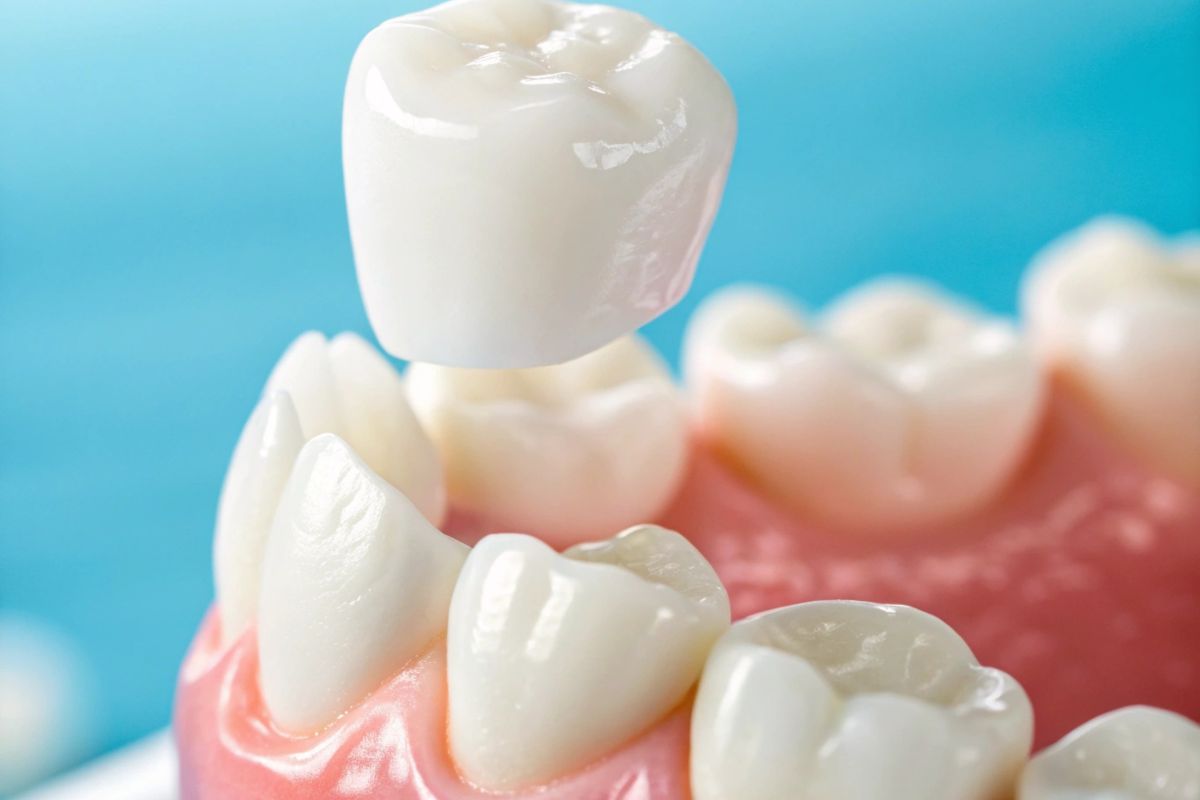
Dental Crown Problems & How to Fix Them
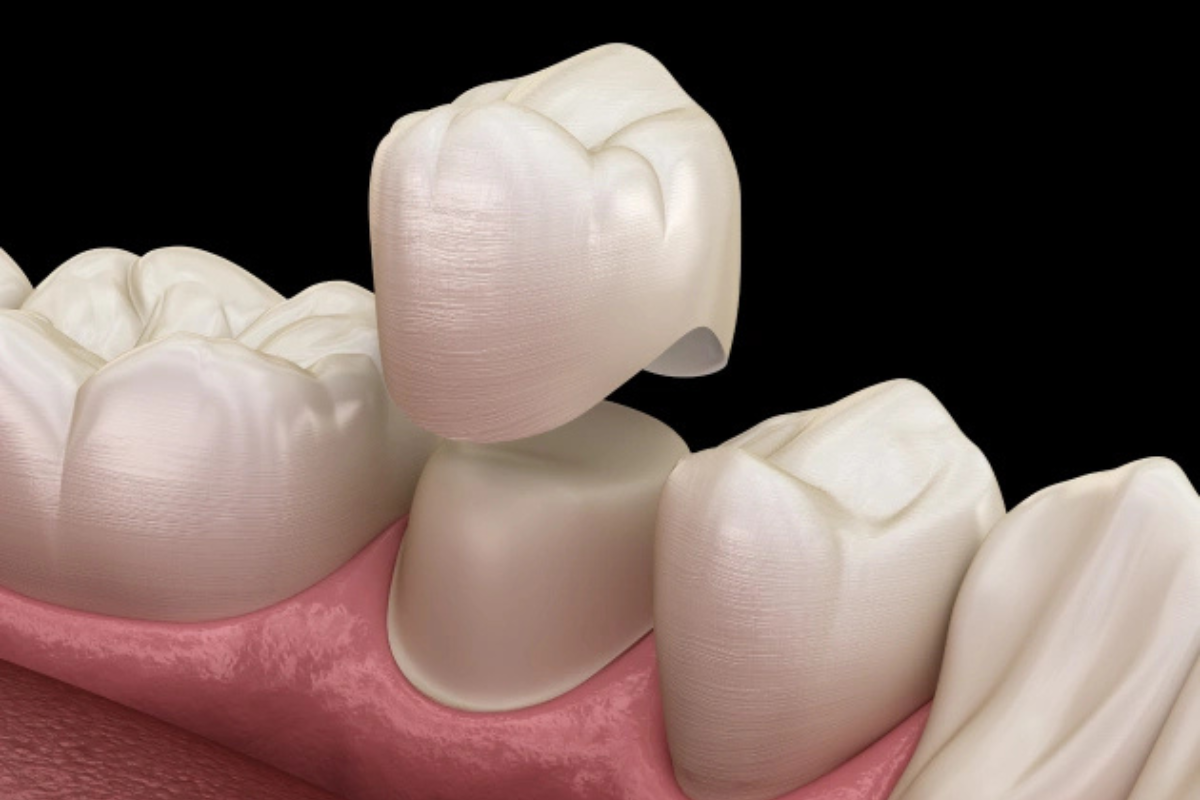
Caring for Your Dental Crowns: Do’s and Don’ts
